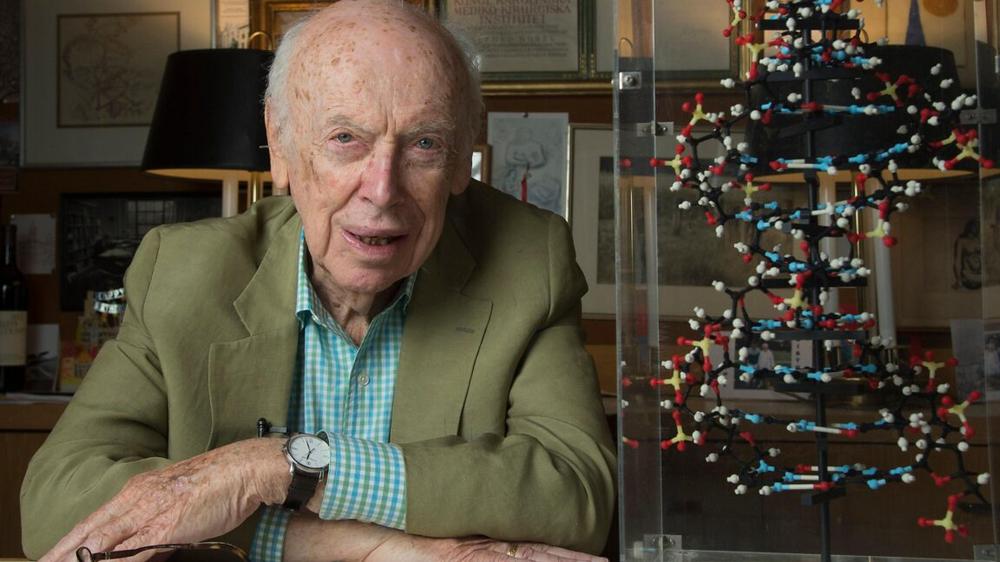James Dewey Watson, who helped reveal DNA’s double-helix structure, kicked off the Human Genome Project, and became infamous for his racist, sexist, and otherwise offensive statements, has died. He was 97.
His death was confirmed to The New York Times by his son Duncan, who said Watson died on Thursday in a hospice in East Northport, New York, on Long Island. He had previously been hospitalized with an infection. Cold Spring Harbor Laboratory also confirmed his passing.
Watson was born in Chicago in 1928 and attained scientific fame in 1953 at 25 years old for solving the molecular structure of DNA—the genetic blueprints for life—with his colleague Francis Crick at England’s Cavendish laboratory. Their discovery heavily relied on the work of chemist and crystallographer Rosalind Franklin at King’s College in London, whose X-ray images of DNA provided critical clues to the molecule’s twisted-ladderlike architecture. One image in particular from Franklin’s lab, Photo 51, made Watson and Crick’s discovery possible. But, she was not fully credited for her contribution. The image was given to Watson and Crick without Franklin’s knowledge or consent by Maurice Wilkins, a biophysicist and colleague of Franklin.
Watson, Crick, and Wilkins were awarded the Nobel Prize in Physiology or Medicine in 1962 for the discovery of DNA’s structure. By that time, Franklin had died (she died in 1958 at the age of 37 from ovarian cancer), and Nobels are not given posthumously. But Watson and Crick’s treatment of Franklin and her research has generated lasting scorn within the scientific community. Throughout his career and in his memoir, Watson disparaged Franklin’s intelligence and appearance.
In 1955, Watson joined the faculty at Harvard University, where he was unpopular. Legendary biologist E.O. Wilson, also at Harvard, famously called Watson “the most unpleasant human being I had ever met,” in his memoir, adding that “Watson radiated contempt in all directions.”
In 1968, Watson became the director of Cold Spring Harbor Laboratory on New York’s Long Island, transforming it into an esteemed research institution and steering it into the work of cancer genetics. During the early 1990s, he launched the Human Genome Project as director of the National Center for Human Genome Research at the National Institutes of Health. He left the project in 1992, resigning from the NIH over a dispute about patenting genes, which he opposed.
Throughout his career, he was known for making bigoted and offensive comments, particularly about Black people and women. The comments caught up with him in 2007, when he was quoted as saying that Black people are not as intelligent as white people. That year, he retired from Cold Spring Harbor. But, he doubled down on the claim—and similarly offensive ones—amid backlash, repeating them in other interviews and instances. He largely became a pariah in the scientific community, with universities and other institutions cancelling speaking invitations. In 2014, he sold his Nobel medal at auction, which was purchased for $4.1 million by a Russian billionaire oligarch who later returned the medal to Watson.

 Halo Infinite is about to get its last major update
Halo Infinite is about to get its last major update